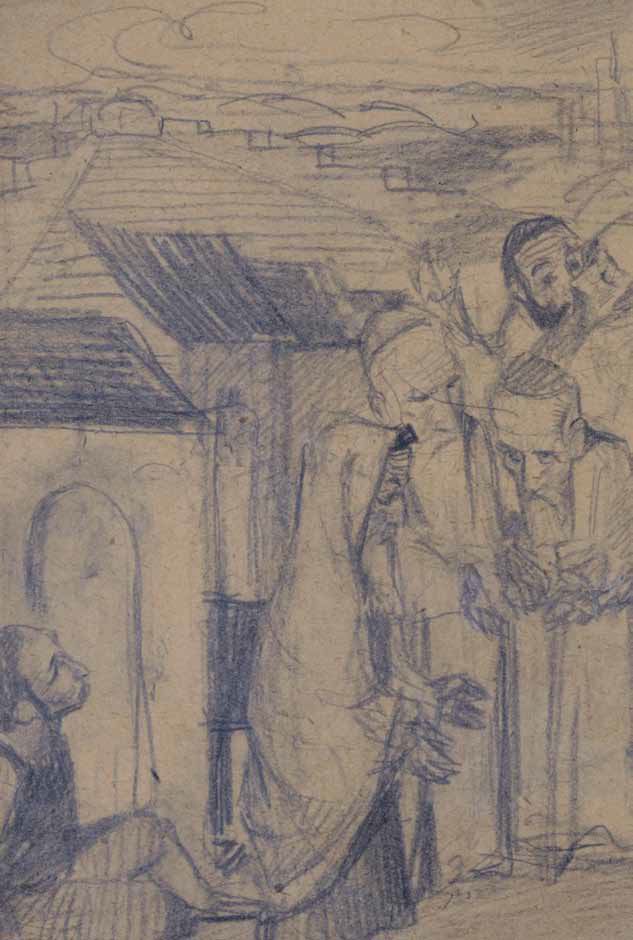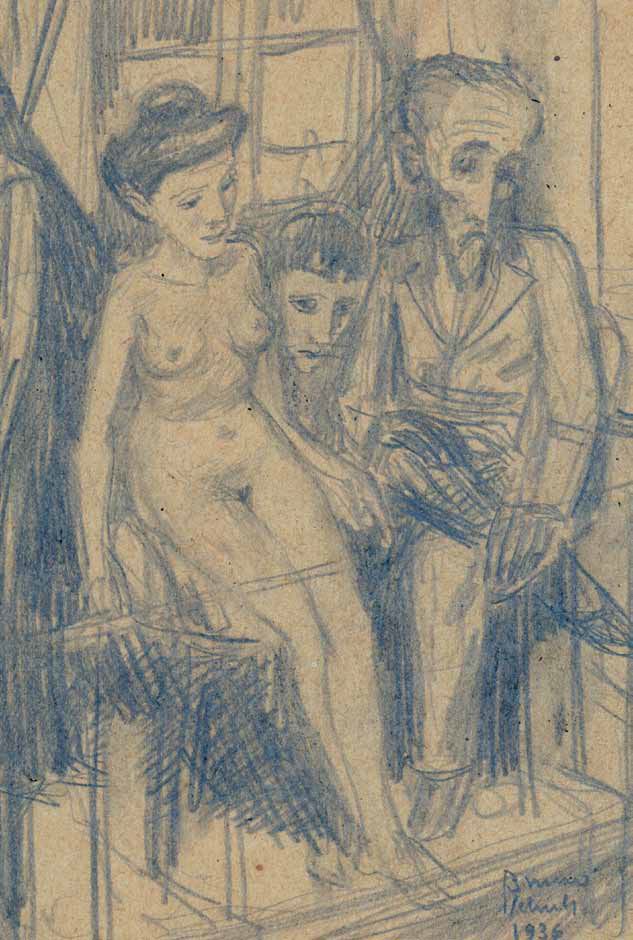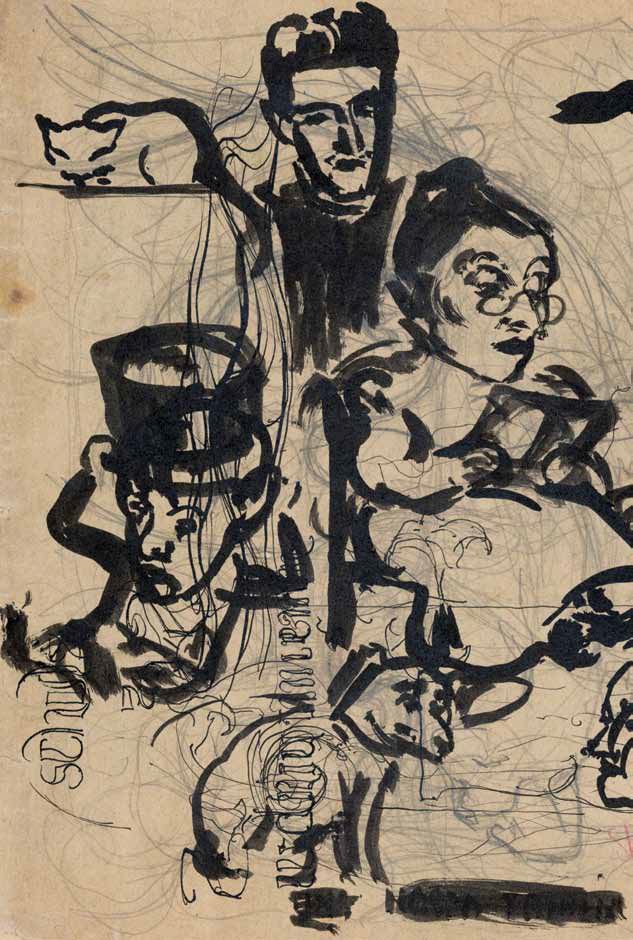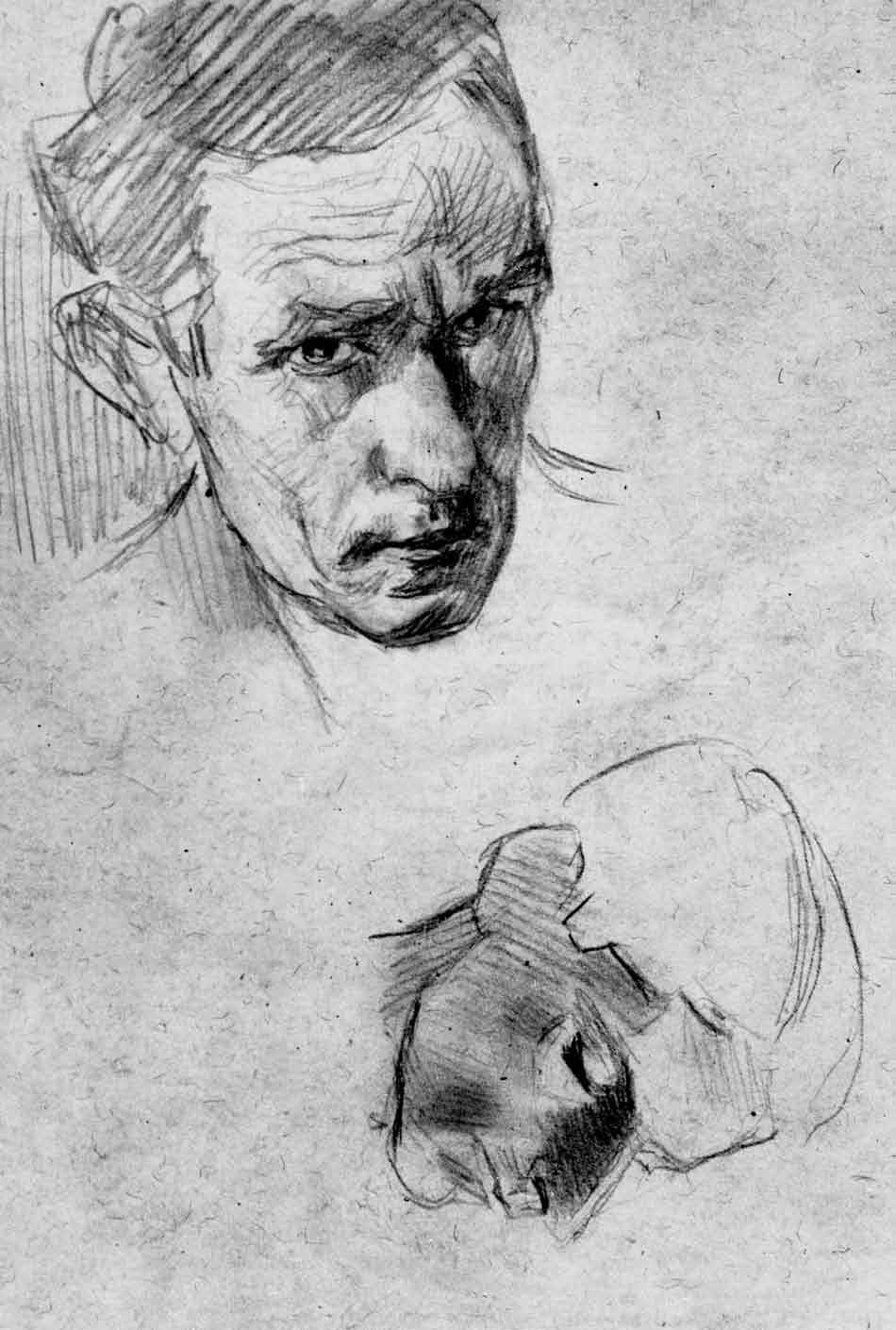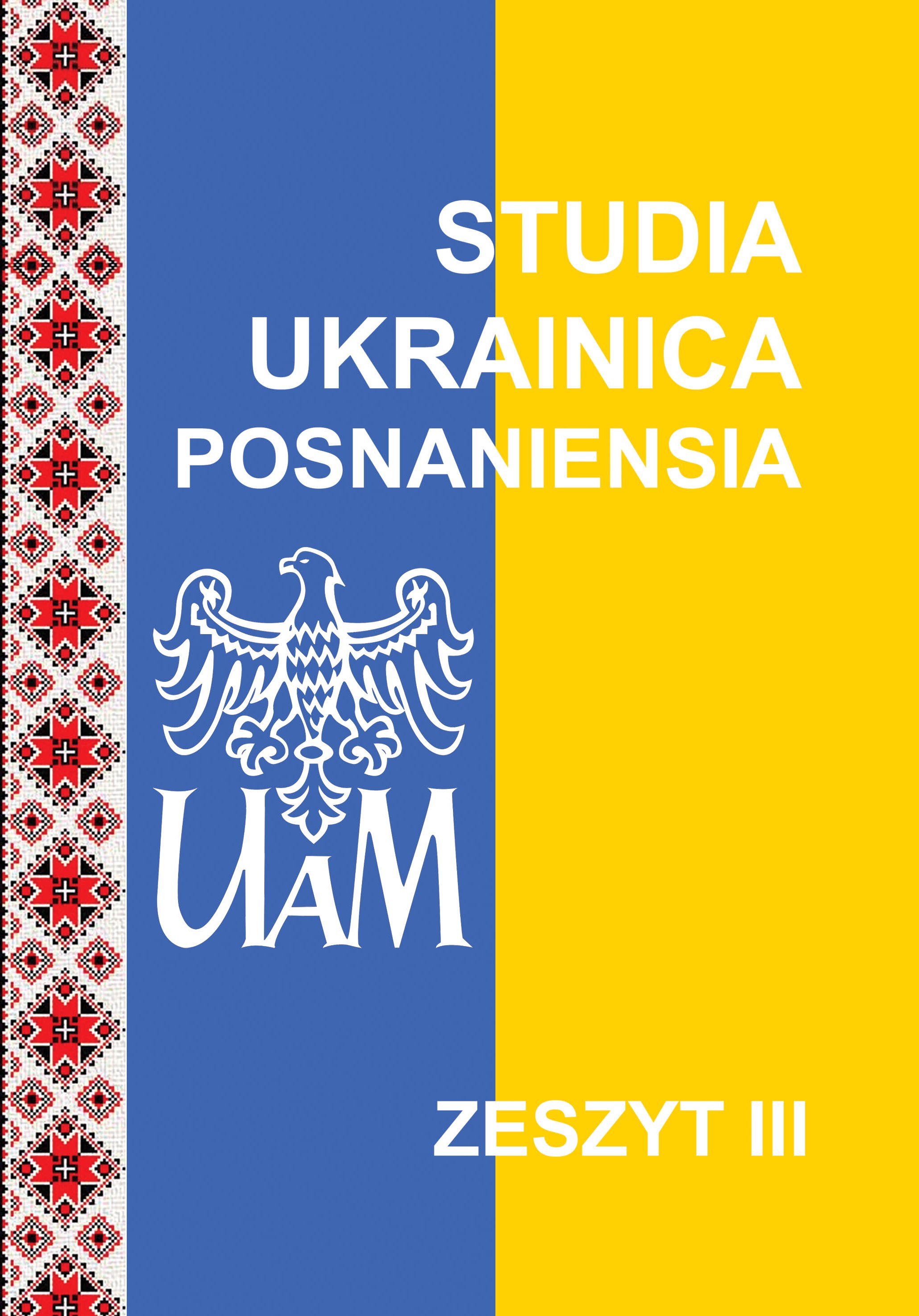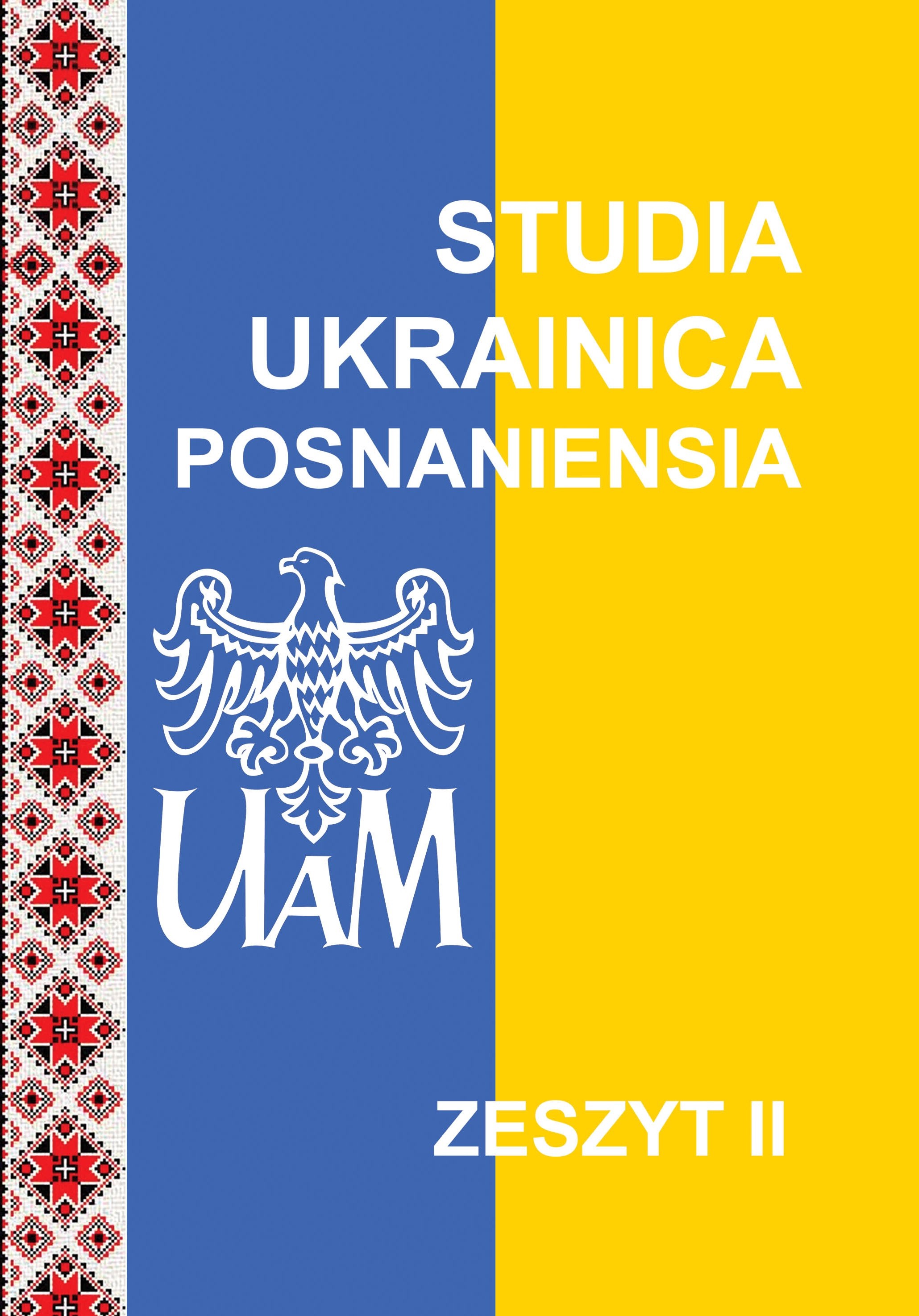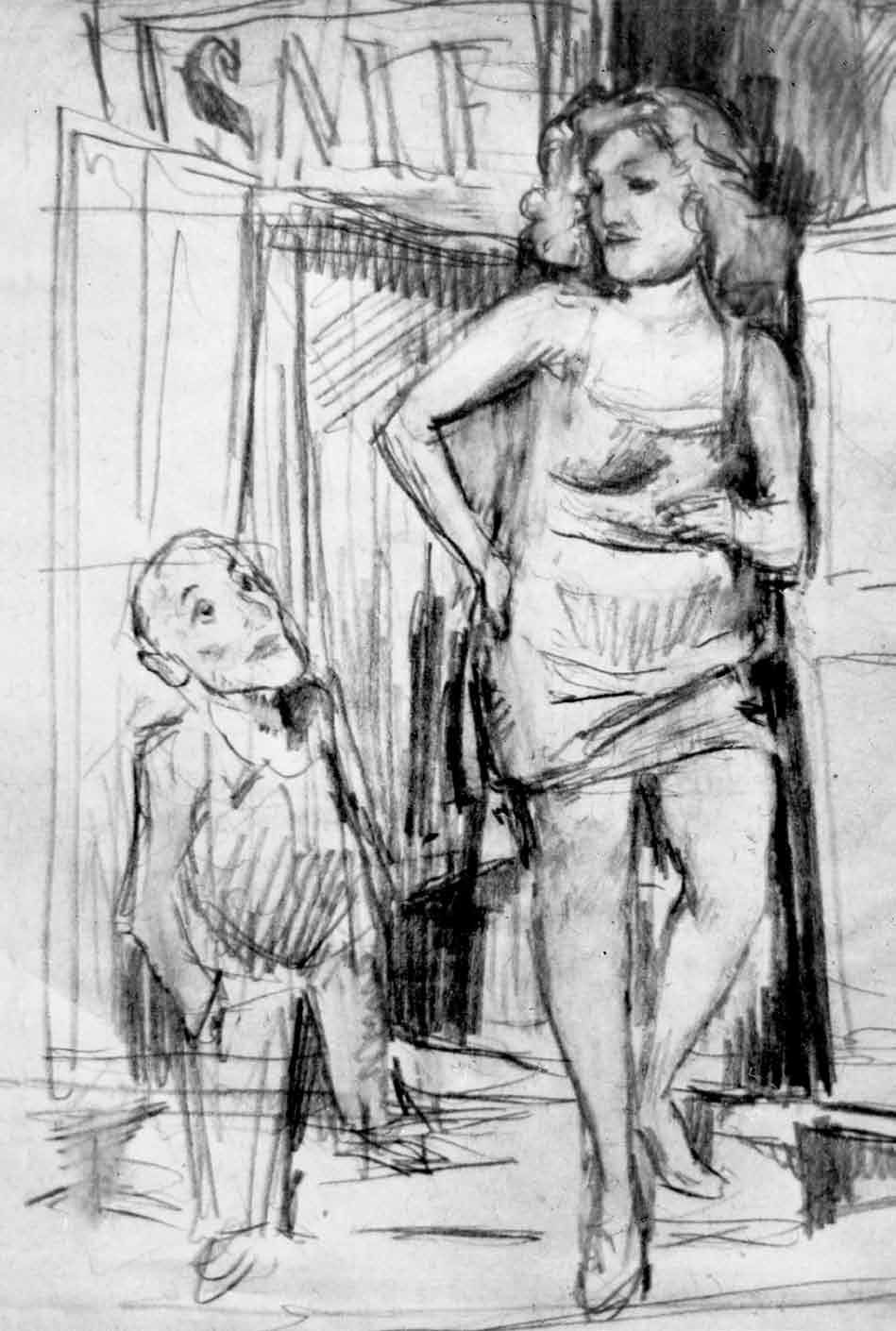
Popiół ze Sztokholmu
Cynthia Ozick’s 1987 novel, "The Messiah of Stockholm", has been reviewed all over the world. In the United States, where Ozick is considered a major writer, it has been received very well, while in Europe it has been acknowledged mainly thanks to its connectionto Bruno Schulz. It was a clever marketing move, a part of Ozick’s creative writing strategy. Even though her novel has provoked many objections (poor content and form, lack of authenticity, empty generalizing), it has a certain charm which is quite difficultto resist. The present review is an attempt to shed some light on that specific feature of Ozick’s writing.
More...
